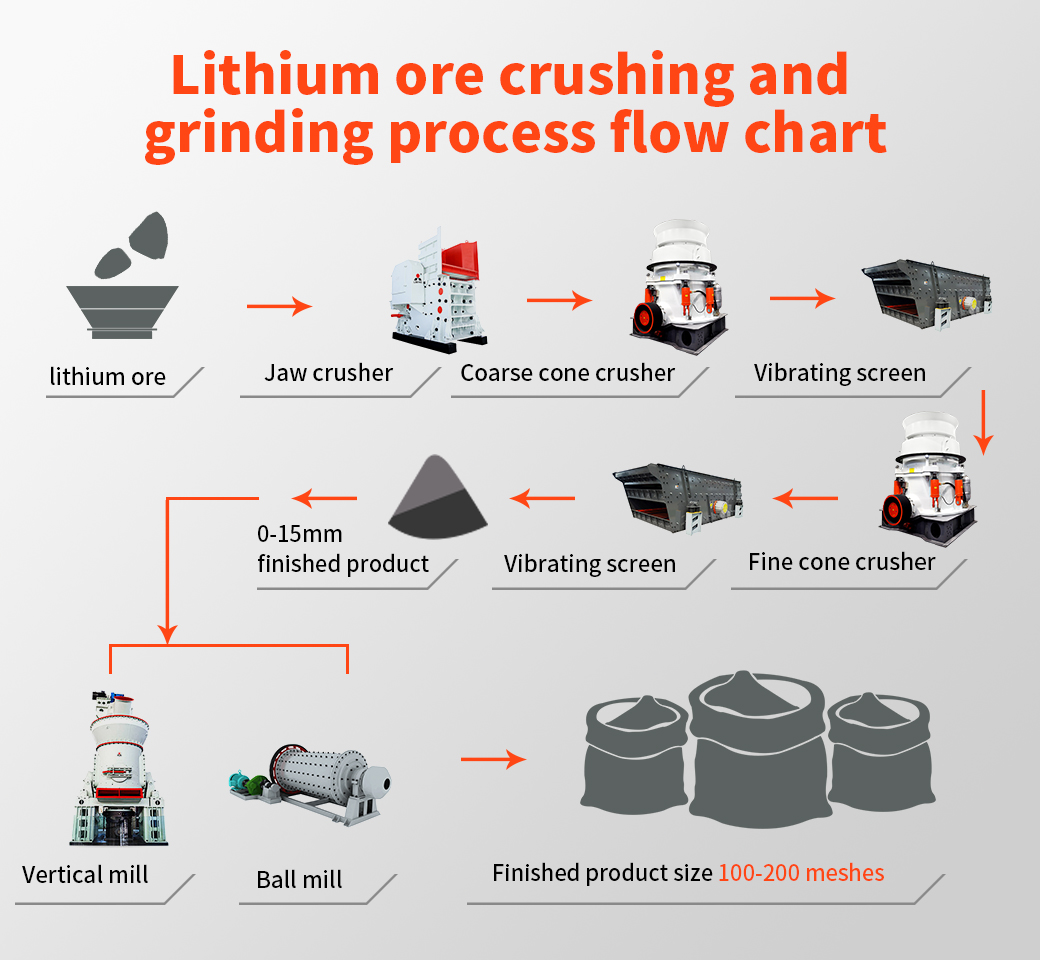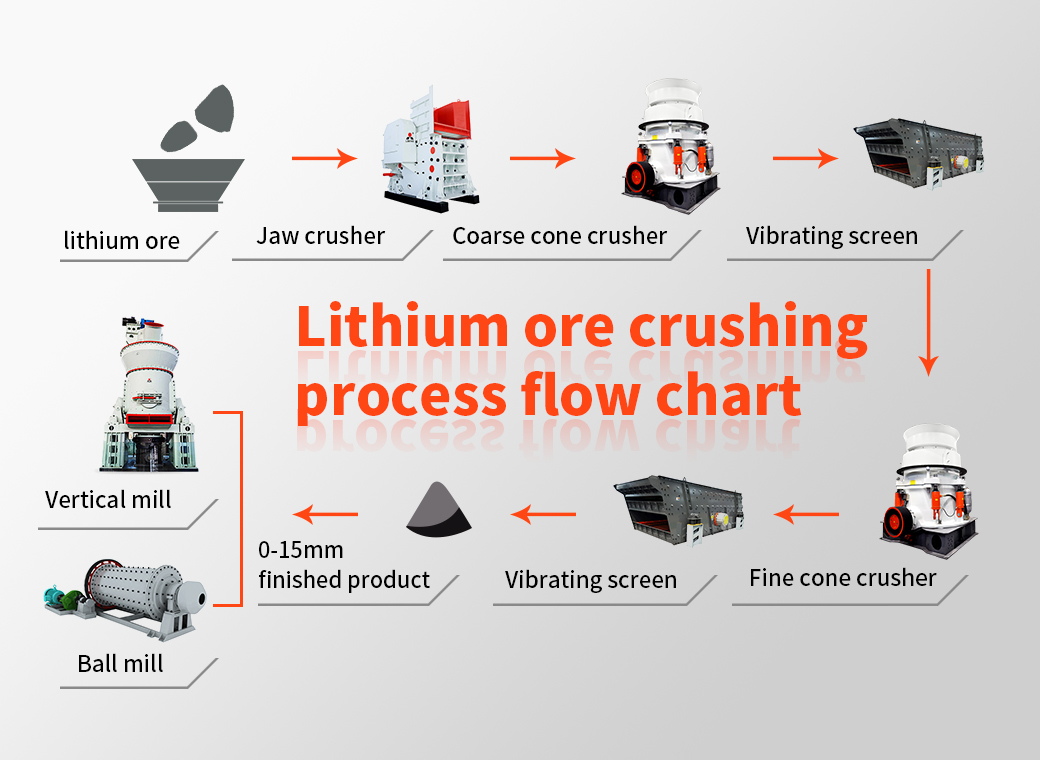The Impact of Coal Mining on the Environment
Coal mining is an essential part of the global energy mix, but it also has significant environmental impacts. One of the main ways coal mining affects the environment is through air pollution. The burning of coal releases large amounts of carbon dioxide and other greenhouse gases into the atmosphere, which contribute to climate change.

The Impact of Coal Mining on the Environment
Coal mining can also release harmful pollutants such as sulfur dioxide and nitrogen oxides, which can cause respiratory problems for people living near mines or power plants. Additionally, coal ash – a byproduct of burning coal – contains toxic heavy metals that can contaminate water supplies.
Mining operations themselves can also have negative impacts on local ecosystems. Surface mining in particular can destroy habitats and disrupt wildlife populations. Underground mines may cause subsidence or collapse, damaging buildings or infrastructure.
While coal remains an important source of energy globally, it’s crucial to consider its environmental impact when making decisions about its use. Efforts are being made to reduce these impacts through technology advancements and regulations, but there’s still much work to be done to ensure responsible and sustainable practices in this industry.





 Spodumene: According to the hard rock crushing process, the crushed product is generally 5-40mm, combined with different design requirements of customers, two-end or three-stage crushing, high-grade crushed products (above 4-5%) can be directly used in the metallurgical process to produce lithium carbonate Or lithium hydroxide, the particle size of the finished product is generally around 20-40mm; low-grade generally requires ball mill grinding and separation, and the particle size of the finished product is generally around 5-20mm;
Spodumene: According to the hard rock crushing process, the crushed product is generally 5-40mm, combined with different design requirements of customers, two-end or three-stage crushing, high-grade crushed products (above 4-5%) can be directly used in the metallurgical process to produce lithium carbonate Or lithium hydroxide, the particle size of the finished product is generally around 20-40mm; low-grade generally requires ball mill grinding and separation, and the particle size of the finished product is generally around 5-20mm;
